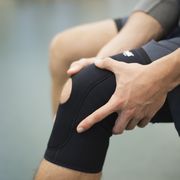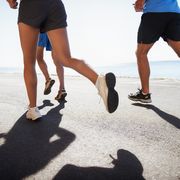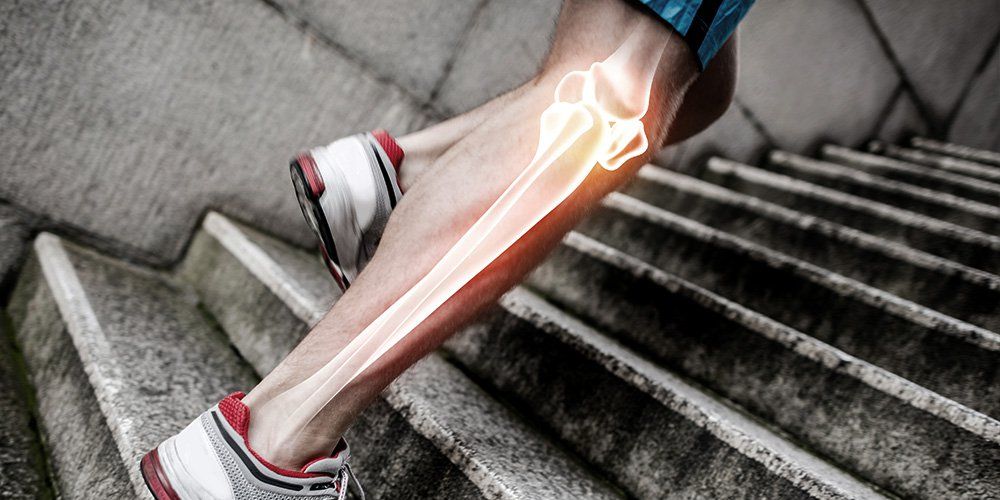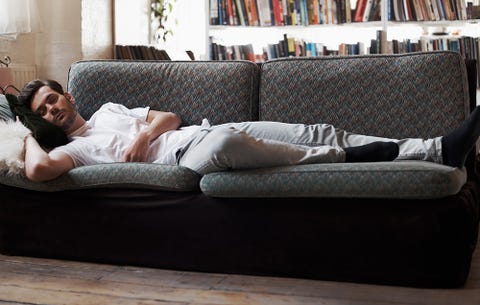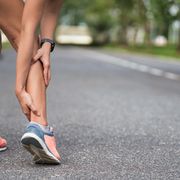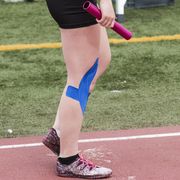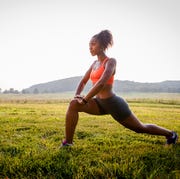Yes, you want to exercise to help your health, but going too hard, too quickly, for too long can spell danger for your knees—especially if your joints are already vulnerable.
“Think of cartilage the way you would your tires,” says Dr. Abdel. “If you ran 50 miles every single day, just like tires on a car, it will wear away the cartilage and lead to arthritis.”
One recent study from the University of Kentucky found that up to 70 percent of new runners will develop some kind of overuse injury within any one-year period. An example, of course, is runner’s knee, an irritation of the cartilage in the kneecap that leads to inflammation and pain.
On the other hand, a new study from Brigham Young University found that running may actually be good for your knees. But there’s a caveat: The study was skewed in favor of people who had never had knee injury or knee pain, making it an elite group of participants instead of the more typical population, many of whom are predisposed to injury.
So, what’s the bottom line? You need to listen to your body.
“Pain is a good sign it’s time to back down and avoid overuse,” Dr. Nicholas says.
And if you do find yourself aching after a run, that’s telling you it’s time to visit your orthopedic surgeon. He can check you out to make sure that your pain isn’t causing any kind of structural damage—which, if you continue doing what you’re doing, you can make worse and lead to long-term harm.
Knee Saver: Keep Breaking a Sweat—but Safely
No, don’t take this as an excuse to pause your exercise routine. In fact, that’s one of the worst things you can do.
Not exercising can actually make knee pain worse. “Exercise keeps the joint lubricated and keeps the muscles around the knee strong,” says Dr. Abdel. “That way, the knee joint itself doesn’t bear the largest load, because the muscles, ligaments and tendons all take a share.”
For optimum knee health, Dr. Pujari recommends milder exercise that focuses on core strength, such as Pilates, yoga and even martial arts.
Related: 6 Ways Your Health Suffers When You Stop Working Out
Want to keep running? You probably don’t need to stop completely. Just don’t overdo your mileage, and pay attention to your shoes. Keep at least two pairs in your rotation, says Dr. Nicholas.
“If you run daily, the cells of the shoes may not recover their elasticity by your next run. That means there’s less cushion, which can damage your knees over time,” he says.

